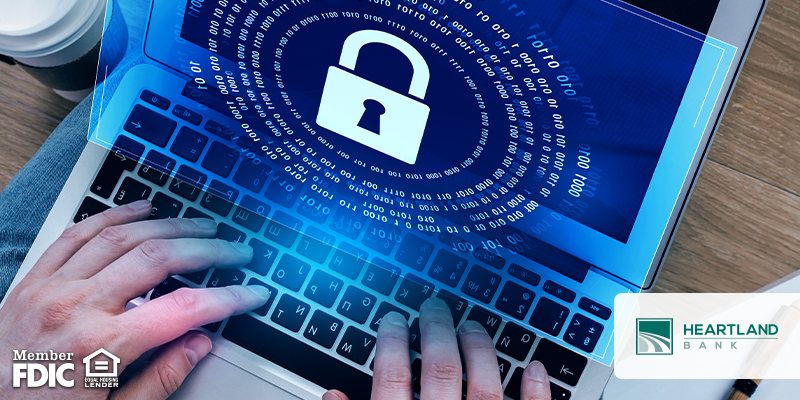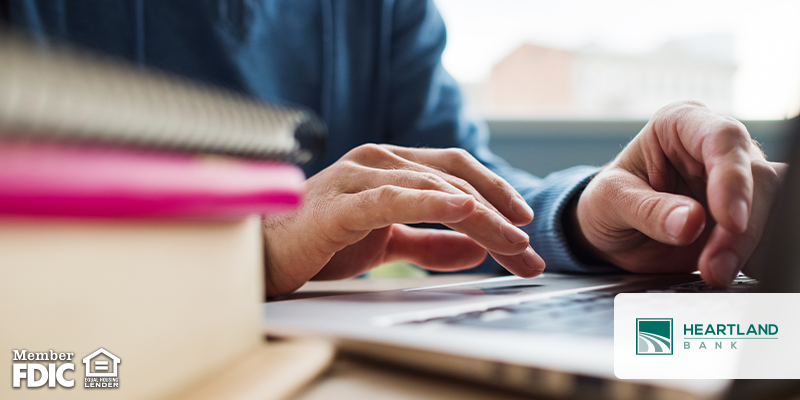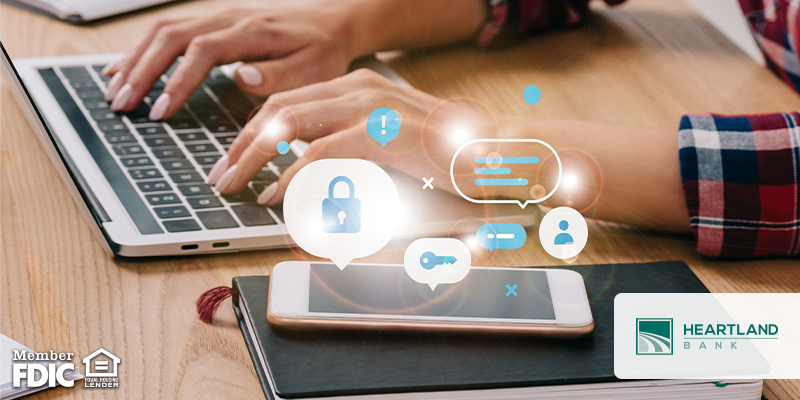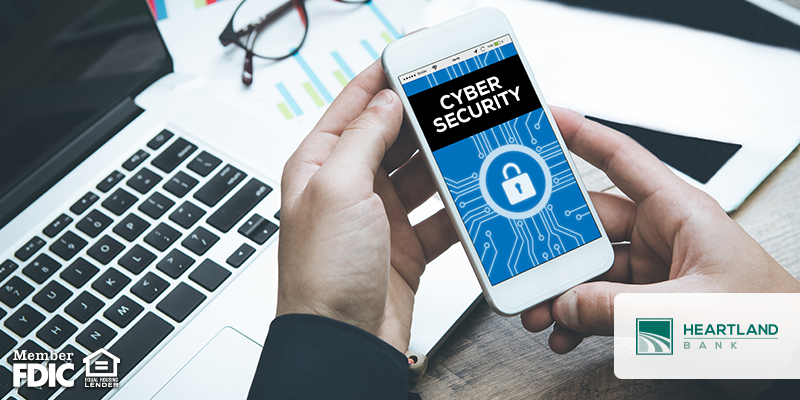
Whether you’ve been working from home for a while or just recently started, getting a refresher on staying safe online is always a good idea. Working remotely comes with being at risk for a cyber-attack, which can be dangerous for your private work data. Read these online security tips to ensure you’re doing what you can to keep cybercriminals away.
Keep Your Work Covered
It’s always nice to change up the scenery and visit a park or coffee shop to get some work done. Working in public does come with its concerns, so make sure you’re playing it safe. Don’t let those around you peek at your screen or see what work you’re doing. You never know what strangers are up to and it’s better to be safe than sorry. Cybercriminals can be anywhere!
Always Use Strong Passwords
Not only should your accounts be protected with a strong password, but your devices should be, too. Make sure your laptop, phone and other devices are locked with a secure password. Remember not to use the same password across multiple accounts – if one password is compromised, then all of your accounts could be taken over. A great tool for this is a password manager, which will create and remember strong and secure passwords for you.
Set Up Two-Factor Authentication
Along with having a strong password comes the importance of two-factor authentication. This will add an additional step to your login process to make sure your account is protected and not being hacked. Some common ways this works is through an email/text confirmation or fingerprint scan. Two-factor authentication ensures that, even if your password is compromised, you still have a backup plan in action.
Beware of Public Wi-Fi
Using public Wi-Fi is the prime way that cybercriminals are able to access your data. They’re using the same network as you, making it much easier for them to hack your device or accounts. If you’re doing work in a public place, use a personal hotspot or a VPN to encrypt your internet traffic, which would make it unreadable to others.
We hope these tips were good reminders for those of you who work remotely. Cybersecurity is becoming more and more important as technology advances, so be sure to share this information with coworkers, family, friends and others you know who are working from home!










